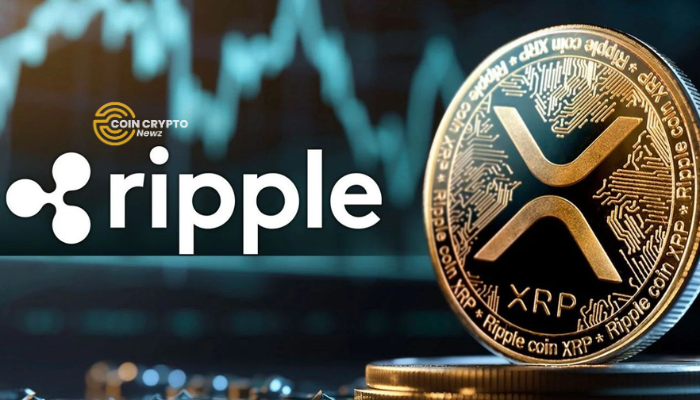- XRP’s centralized structure sparks debate over its classification as a security.
- A sophisticated investor framework could balance innovation and market stability.
- Ripple’s political efforts aim to influence regulatory outcomes in its favor.
The possibility of an XRP exchange-traded fund (ETF) gaining approval remains at 70% despite ongoing debates over its regulatory status. Ripple XRP CEO Brad Garlinghouse’s recent meeting with President Donald Trump has fueled speculation about the future of cryptocurrency. As the crypto community remains divided, questions about XRP’s security classification and potential market impact take center stage.
Regulatory Challenges and Market Stability
XRP’s centralized structure continues to draw criticism, with many arguing it operates more like a security than a decentralized asset like Bitcoin. Critics warn that allowing XRP to trade freely could lead to market instability. Startups and funds might exploit retail investors by flooding the market with XRP, potentially destabilizing U.S. financial markets.
To address these concerns, some experts propose a sophisticated investor framework. This approach would restrict XRP trading to qualified individuals, ensuring better-informed decisions. By balancing innovation with investor protection, this model could mitigate risks while fostering growth.
Political Moves and Market Speculation
Ripple’s recent political maneuvers have added complexity to the debate. Garlinghouse’s meeting with President Trump highlights Ripple’s efforts to influence regulatory outcomes. Additionally, crypto donations to political campaigns underscore the industry’s push for favorable policies.
Market analysts remain divided on the likelihood of an XRP ETF approval this year. While some estimate a 65% chance, others are more optimistic. The approval of Bitcoin and Ethereum ETFs has set a precedent, but XRP’s legal challenges complicate the situation.
An XRP ETF could bring significant benefits, including increased liquidity and institutional investment. However, concerns about regulatory oversight and market stability persist.
Broader Implications for Crypto Regulation
The debate over XRP’s regulatory status reflects a broader tension between innovation and investor protection in the crypto industry. As Ripple navigates political and legal hurdles, the potential for an XRP ETF looms. The SEC’s decision will have far-reaching implications for the crypto market.
Former President Obama has also weighed in on crypto regulation, emphasizing the need for balanced policies. His insights add another layer to the ongoing discussion about how to regulate digital assets effectively.
Conclusion
The crypto world watches closely, anticipating a decision that could redefine the market landscape. With high stakes and global implications, the coming months will be pivotal for XRP and the broader digital asset space. Whether XRP trades freely or under tighter regulations, the outcome will shape the industry for years.
The balance between innovation and regulation remains fragile. As the SEC deliberates, the crypto community braces for a decision that could set the tone for the future of digital assets.







